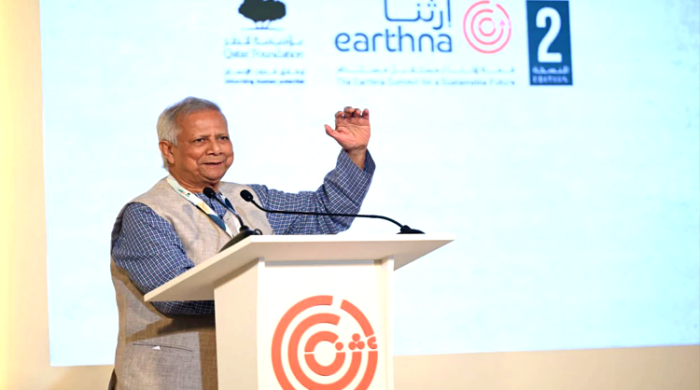Chinese artificial intelligence technology
- Update Time : Monday, April 21, 2025
- 3 Time View

Chinese scientists have developed a new wearing AI-driven device to facilitate visionless and short-lived people. The device identifies the surrounding barrier and immediately guides the safe path, which opens a new possibility in the movement of visually impaired.
This research has been published in the journal ‘Nature Machine Intelligence’. China’s Shanghai Ziao Tong University researcher Laili Gue and his team led the innovation.
How does the device work?
The device is small, light and wearable in the middle of the user eyebrows. The camera in it captures the surroundings, which identifies the obstacle to the front by analyzing the AI algorithm.
The device uses two ways to guide:
Sister Conduction Headphone: The sound wave reaches the ear directly, so the outer sound is heard and the direction is clearly understood.
Artificial skin or skin: This device wearing on the wrist signals through a gentle vibration, if there are any obstacles in front.
Efficiency and practical examination
To verify the effectiveness of the device, researchers first conducted a practical test on robotic simulation and then 20 visually and short -lived volunteers. Most users are able to use the device efficiently within just 20 minutes of training. They can not only move, but also to identify and lift the objects.
Currently this technology can detect 20 objects, such as beds, chairs, tables, basins, TVs and foods. Researchers say that the effectiveness of technology with the three senses of vision, hearing and touch increases manifold and creates a more normal feeling to users.
Future and possibility of technology
Requiring vision through medical or surgery is not always available, and many devices in the market have not gained popularity among visually impaired due to complex use. In this background, the invention of Chinese scientists can be the beginning of a major change.
Researchers are hopeful that in the future this technology will play an important role in improving the freedom, confidence and quality of life of the visually impaired.



























